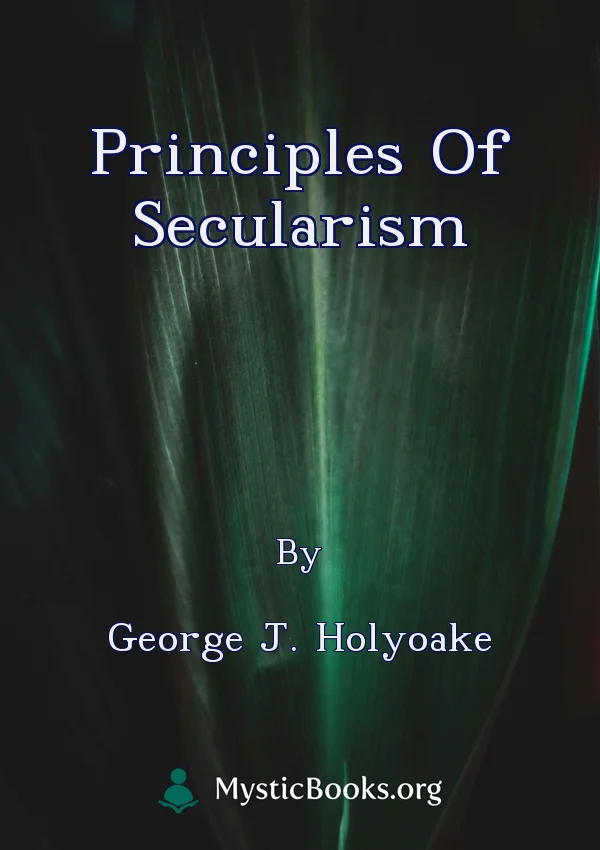
Principles of Secularism
'Principles of Secularism' Summary
Written in 1871, 'Principles of Secularism' presents George Jacob Holyoake's understanding of secularism as a principle advocating for the separation of church and state in all areas of life. Holyoake argues that secularism promotes individual liberty, intellectual freedom, and a more just and equitable society. He highlights the benefits of secular education in fostering critical thinking and rational inquiry, contrasting it with the limitations of religious indoctrination. Holyoake also addresses the historical persecution of freethinkers, emphasizing the need for moral principles and ethical conduct within a secular society. The text lays out a vision for a more enlightened future where individuals are free to pursue knowledge and personal fulfillment without religious constraints, promoting social progress and ethical living.Book Details
Language
EnglishOriginal Language
Published In
Genre/Category
Tags/Keywords
Authors
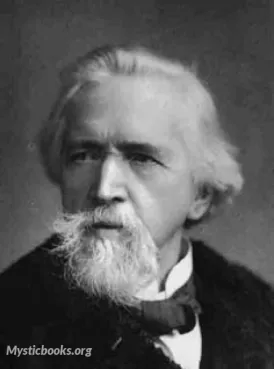
George J. Holyoake
England
George J. Holyoake was a prominent British social reformer, writer, and atheist who lived from 1817 to 1906. He was a staunch advocate of secularism and free thought and was known for his radical idea...
Books by George J. HolyoakeDownload eBooks
Listen/Download Audiobook
- Select Speed
Related books

Fausto. Primera parte by Johann Wolfgang von Goethe
Faust, Part One is a tragedy written by Johann Wolfgang von Goethe. It is considered one of the greatest works of German literature and a classic of w...
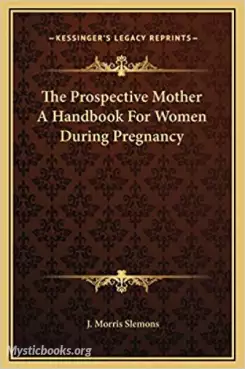
The Prospective Mother by J. Morris Slemons
This book, written for women who have no special knowledge of medicine, aims to answer the questions which occur to them in the course of pregnancy.
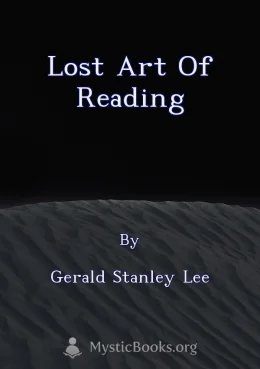
Lost Art of Reading by Gerald Stanley Lee
Gerald Stanley Lee's 'Lost Art of Reading' delves into the impact of rapid industrialization and urbanization on the individual in the early 20th cent...
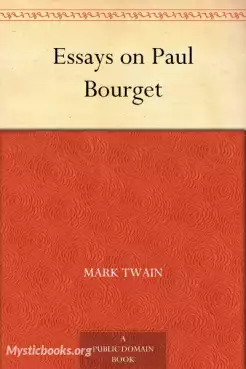
Essays on Paul Bourget by Mark Twain
Paul Bourget was born in Amiens in the Somme département of Picardy, France. His father, a professor of mathematics, was later appointed to a post in...
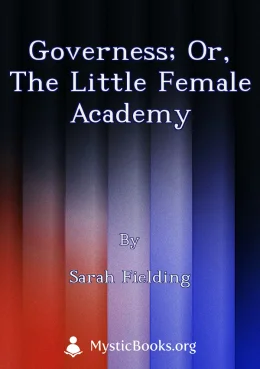
Governess; Or, The Little Female Academy by Sarah Fielding
The Governess, or The Little Female Academy, written by Sarah Fielding in 1749, holds the distinction of being the first full-length novel specificall...
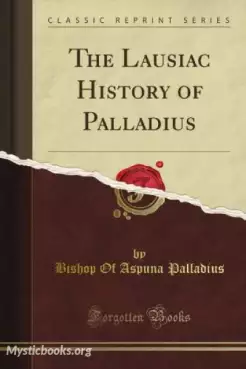
The Lausiac History by Palladius
The chronicle of a bishop who spent his time traveling from ascetic to ascetic listening to stories and documenting his time with them, the Lausiac Hi...

Vital Question, or, What is to be Done? by Nikolai Chernyshevsky
'What Is To Be Done?' is a novel by Nikolai Chernyshevsky, written during his imprisonment in the Peter and Paul Fortress in St. Petersburg. The novel...

Human, All Too Human: A Book For Free Spirits, Part I by Friedrich Nietzsche
Human, All Too Human is a collection of aphorisms and essays by Friedrich Nietzsche, exploring the complexities of human nature, morality, and the nat...
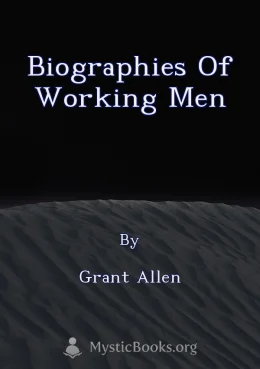
Biographies of Working Men by Grant Allen
This book, 'Biographies of Working Men' by Grant Allen, profiles seven individuals who overcame humble beginnings to achieve remarkable success in the...

Creative Chemistry by Edwin E. Slosson
Slosson reviews the transformation of alchemistry from an obscure and imprecise practice to the science of chemistry. Along the way, he explains how t...
Reviews for Principles of Secularism
No reviews posted or approved, yet...